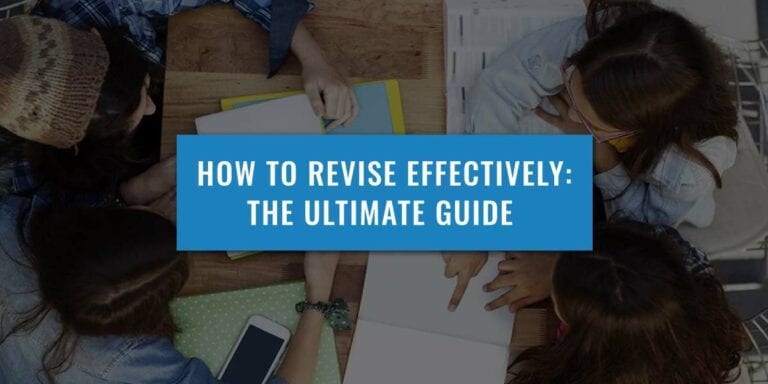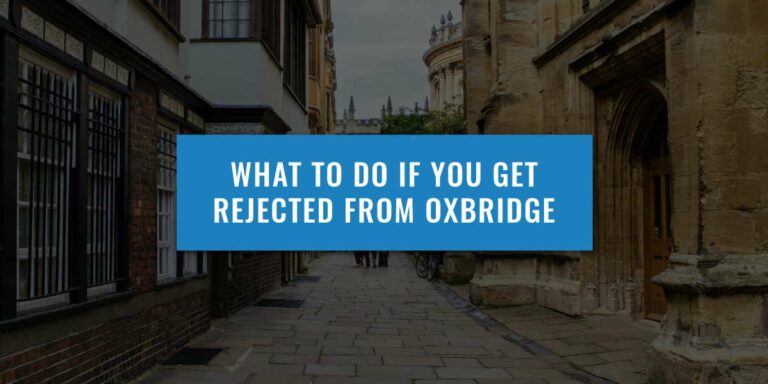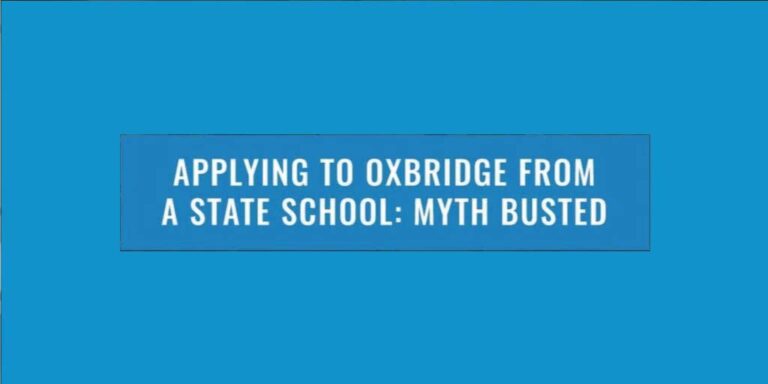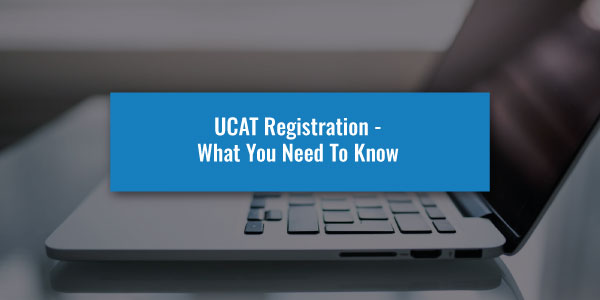The NSAA is being replaced by the ESAT exam. You can read more about the new exam here. NSAA past papers will still be useful when preparing for the ESAT.
So, you want to study Natural Sciences at Cambridge, but how do you start preparing for the NSAA exam?
With the amount of competition for places at Cambridge, the NSAA (Natural Sciences Admissions Assessment) can be a crucial part of any student’s application and can be the final determinant of whether they receive an offer or not.
With as much as 65% of applicants scoring 90% UMS or greater in all of their subjects, it isn’t hard to see why admissions tutors need the NSAA to gather more information about applicant’s ability to learn and their suitability for Cambridge.
Cambridge often interviewing a large majority of suitable candidates.
Your NSAA score may not be a make or break factor for deciding whether you get to the interview stage. However, many tutors consider it a good indicator of students’ general aptitude and ability to learn within the unique Oxbridge tutorial environments. For this reason, it can often be the deciding factor between two similar applicants, so it is important to supplement your application with an excellent score.
The BEST way to increase your chances of admission to Natural Science at Cambridge is with our Natural Science Premium Programme:
LEARN MOREStudying Natural Sciences at Cambridge is incredible because it gives you the opportunity to cover topics in all areas of science.
However, Cambridge understand that different students will have different areas which they are passionate about and they will give the opportunity to specialise in certain areas. When it comes to the NSAA, this is great, because it gives students the opportunity to focus on areas they know best. In section 1, every applicant must answer section 1A (maths) and then they must choose 2 from Physics, Chemistry, Biology and advanced maths and physics. This means, applicants to Biological natural sciences may wish to focus on the Biology and Chemistry sections.
When preparing for the Biology NSAA, at UniAdmissions we recommend starting as early as possible.
It is much easier to prepare if you practice little and often. This way, you will have plenty of time to cover as many past papers as you wish and avoid last minute cramming (which never works!). In general, starting early and working at your own pace means that you will identify issues when practicing and not in the exam!
Whilst it may be tempting to spend more time on areas you are comfortable with, it’s important to pay particular attention to questions which you struggle with.
Study the worked solutions closely and make sure you understand where you went wrong. Furthermore, learning how to pace yourself in the exam can be the difference between an average score and a top one. You don’t have infinite time in the exam, so make sure you get used to identifying questions which will take a lot of time early and skip them out. But don’t forget, there is no negative marking, so making a guess can’t hurt.
Finally, above all else, the thing that will help your preparation most is working with a proven strategy:
A good strategy will help you understand the content of the exam, whilst also perfecting your exam technique. At UniAdmissions, our Premium Programmes are designed from the ground up to help get you your offer. All of our tutors have scored in the top 10% nationally when they took the test, who love working closely with students to boost their scores. Discover the Cambridge Natural Science Programme here:







